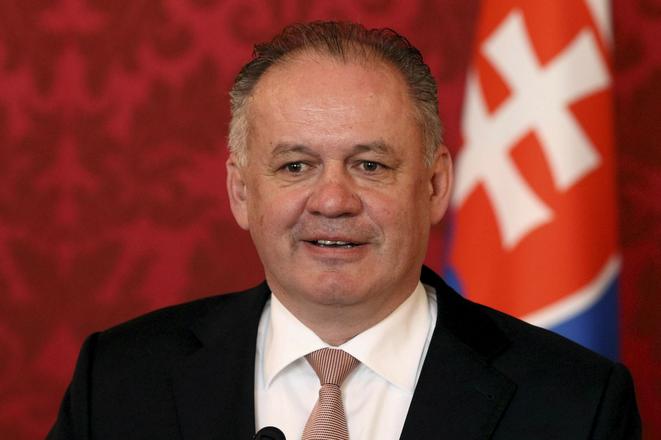In this story, you can read about:
Who is the new opposition in Slovakia
Whether the new parties stand a chance of defeating Smer in 2020
What will happen with the parliamentary opposition parties
In what way today’s situation resembles 1998
Bratislava mayor Matúš Vallo and President-elect Zuzana Čaputová have one thing in common – both ran with the support of the new, non-parliamentary parties Progressive Slovakia and Spolu.
Čaputová was the chairwoman of Progressive Slovakia and though she gave up her position before the second round of the election, her victory brought the party into the spotlight.
The recent poll of the AKO polling agency measured the support of 14.4 percent of the vote for a Progressive Slovakia and Spolu coalition. This put the coalition of PS-Spolu in second place after Smer (19.7 percent).
“The wow effect, of course, comes from the victory of Zuzana Čaputová. People want to stand on the side of the winners,” Viera Žúborová, executive director of Bratislava Policy Institute, told The Slovak Spectator.
Their future support among voters depends on how the parties manage to communicate the vision of change that has been apparent in Slovakia, from the regional and municipal through the presidential election, Žúborová opined.
PS and Spolu are also cooperating in the upcoming European Parliament election. This is the third opportunity (after the support of Matúš Vallo within the municipal elections and Čaputová in the presidential) to test their strength, Žúborová noted.
Kiska for prime minister?
A few months from now, however, the political scene in Slovakia and the support for these parties may look completely different, observers agree. The incubment President Andrej Kiska has, after long speculations and delays, confirmed that he will establish his own political party.
In a short video, Kiska said that he will provide more details after he is no longer president. His term in office ends on June 15. Until now, the Slovak public has only learnt that there will be a new party operating under the hashtag “there are more of us”. The name of the party, its agenda and members remain a secret for now.



 Andrej Kiska (source: Ronald Zak, TASR)
Andrej Kiska (source: Ronald Zak, TASR)